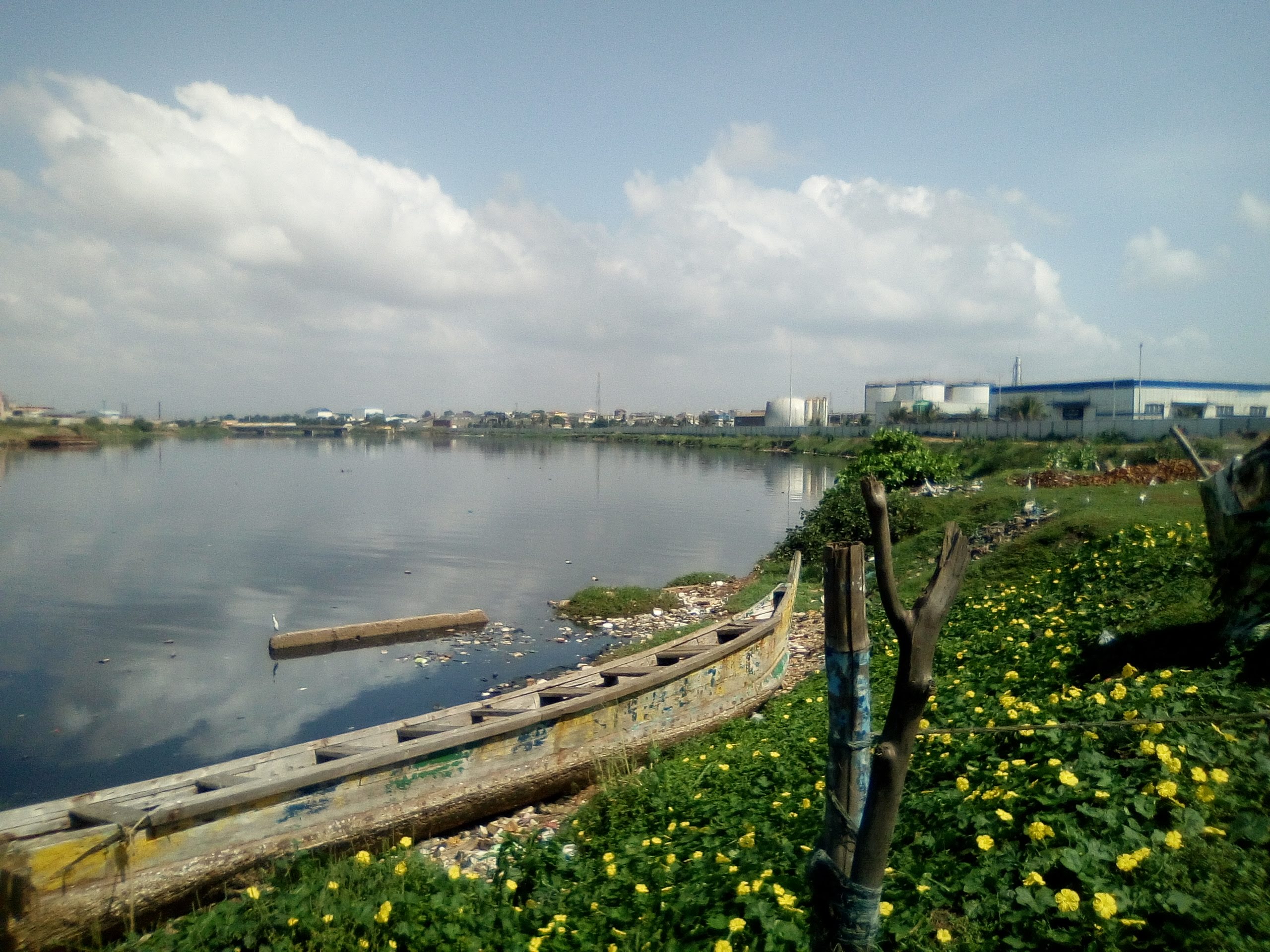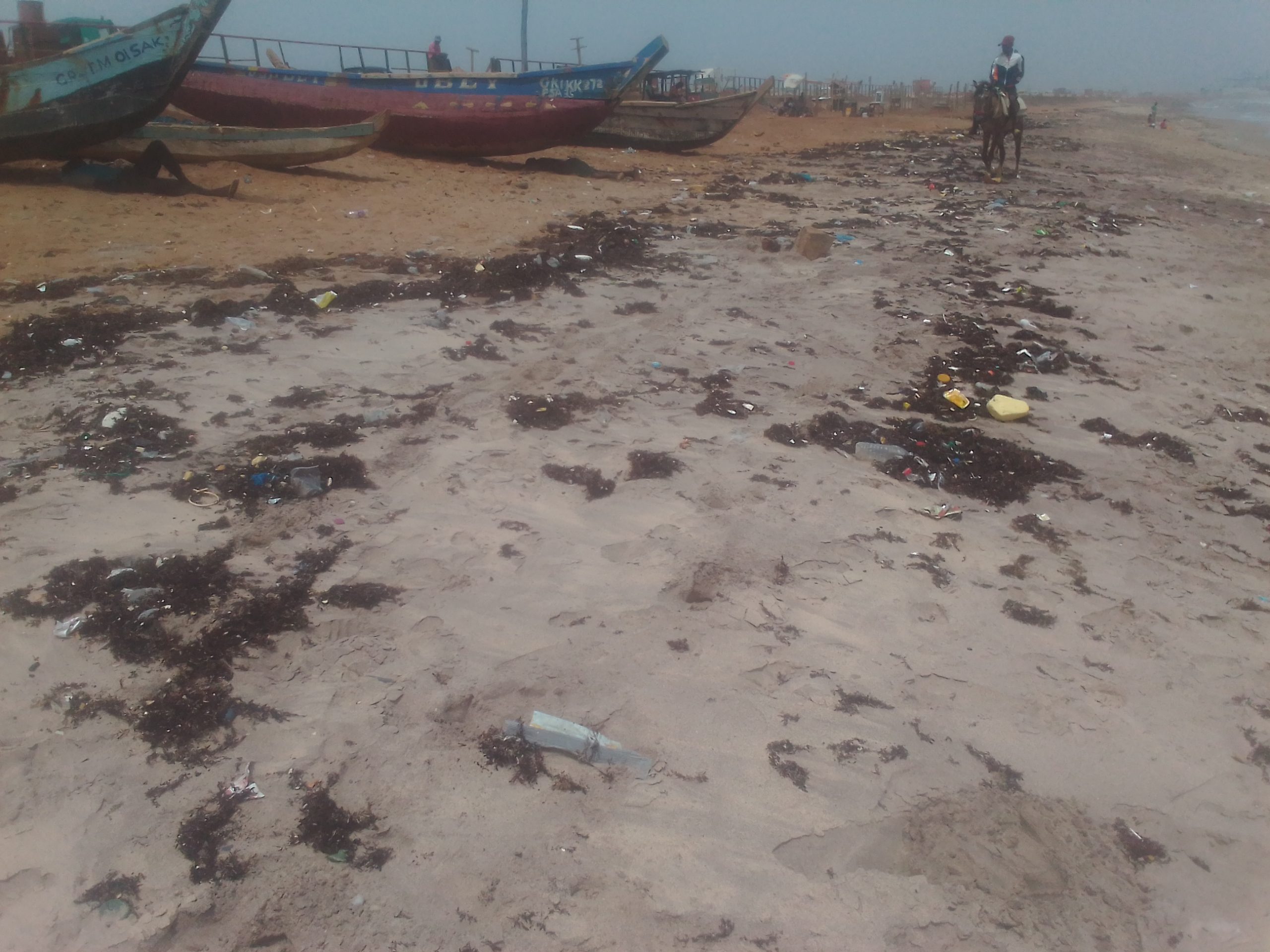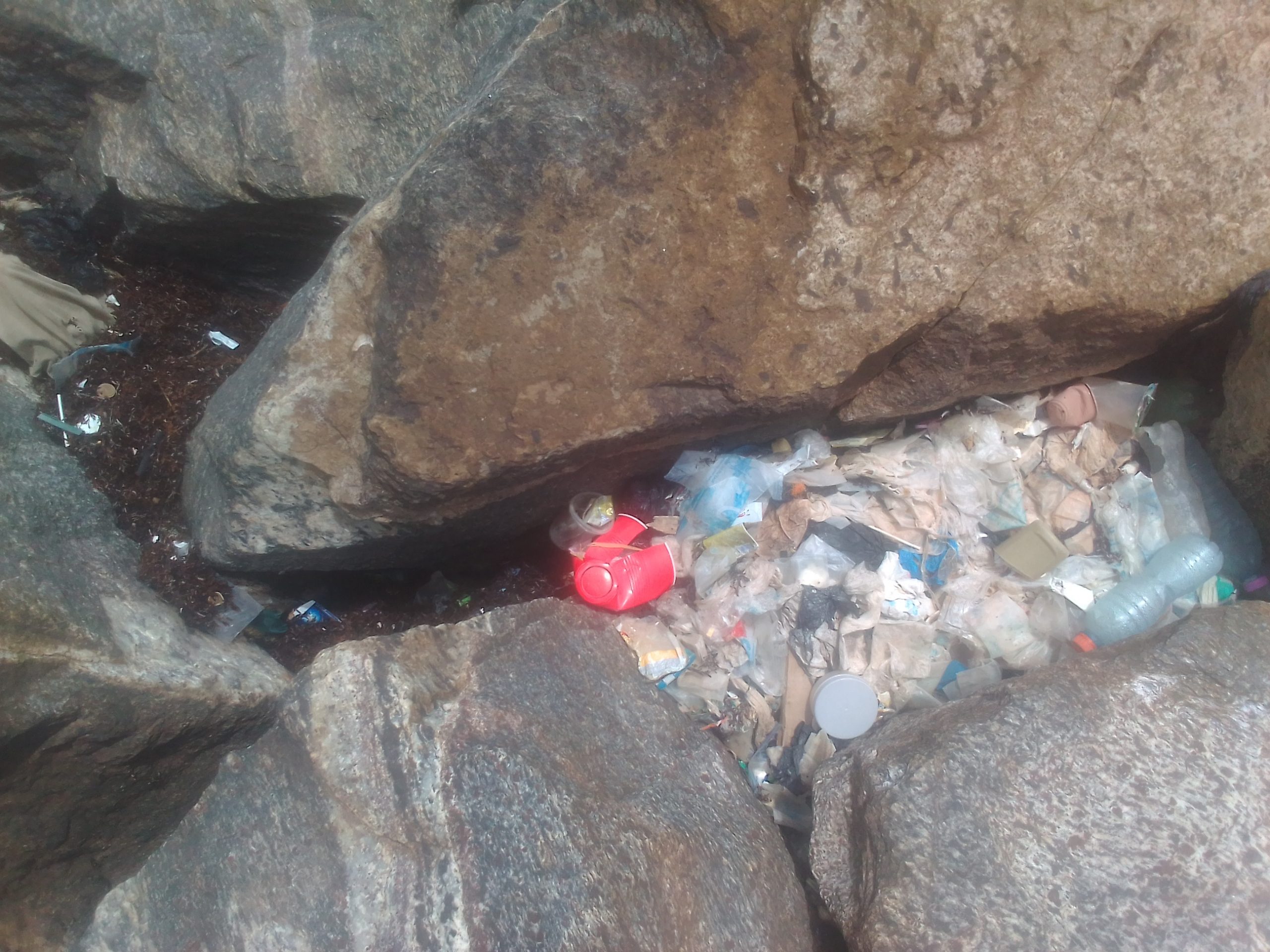Publication
United Nations Framework Convention on Climate Change: A Review
Introduction
Parties to the UNFCCC have obligations to promote measures that reduce the human-induced influence on the climate through sustainable development, including ocean-based climate actions, forest and ecosystem restoration, and diversion of fossil fuel subsidies to reduce greenhouse emissions (Gattuso et al., 2021; United Nations, 2022). Recent discussions have brought to the fore the need to increase the synergy between the UNFCCC and the Convention on Biological Diversity (CBD) because they are interlinked and must not be implemented in isolation to ensure increased inter-organizational collaborations to eliminate repetitiveness (Hu et al., 2021).
The UNFCCC implementation is now data driven because of the new and evolving technologies that provide detailed information through modelling the impact of climate change and variability on the several components of the environment (Callesen et al., 2021; United Nations, 2022). Implementing the UNFCCC has been daunting, especially for developing and least developed countries that need to meet the climate financing gap and their industrialization agenda (Gattuso et al., 2021; United Nations, 2022). Due to the challenges associated with climate financing, several developing and least developed countries are unable to fully implement their nationally determined contribution, which they are expected to update every 5-years (Escobar Carbonari et al., 2019; Gattuso et al., 2021). For instance, the President of Ghana, as chairman of the African Union (AU), had cause to remind developed countries to fulfil their promise to developing and least developed countries on climate financing (Asamoah, 2021; Mohan et al., 2021).
Consideration should be given to the developing and least developed countries because they are among the most vulnerable and lack the capacity to mitigate and adapt to the effects of climate change and variability (Climate Change Secretariat, 2006; United Nations, 2015, 1992). Recent data indicates that developing countries, including India and Ghana, are industrialising, which means developing countries require more carbon space than developed countries. Therefore developed countries must reach net-negative carbon emission (i.e., shrinking of carbon budge) to ensure the achievement of this objective (Mohan et al., 2021). The core of this industrialization is the path of fossil-based input that has characterised growth in developed countries’ industrialization for over a century (Mohan et al., 2021).
The covid-19 pandemic and the disruption in energy supply due to the Russian-Ukraine war has affected the UNFCCC processes concerning climate action (Sustainable Development Goal 13) on the Paris Agreement, especially for developing countries, due to the level of attention given to it by the various governments and the rush for alternative fossil fuel source (Filho et al., 2022; United Nations, 2022). Unfairness concerning mitigation measures, lack of transparency, and the dichotomy between promising, decision-making, and action have characterised the implementation of UNFCCC by developed countries (Mohan et al., 2021).
Suggestions have been made to the amendment of the UNFCCC processes and governance to allow for more inclusiveness because there are pieces of evidence of historically marginalised groups contributing meaningfully to the debate and action on climate (Fasting et al., 2021; Ferrer et al., 2021).
CONTACT
- House No. E/17 Kanewu Trotro Station
- Office +233 (0) 20 897 9164
- bluerrp.institute@gmail.com
- 08 am - 05 pm Sunday closed
SUBSCRIBE
Stay in touch with Bluerrp Institute
- Copyright 2022 Bluerrp Institute
- bluerrp.institute@gmail.com







